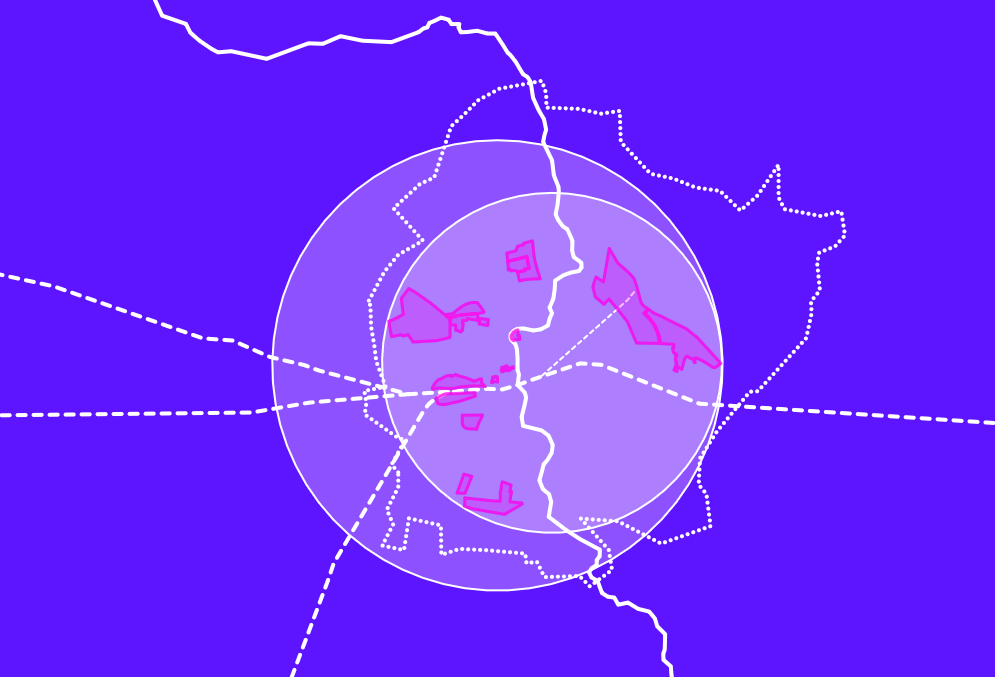WAITING LANDS: tracing future narratives
Projekt
(english version below)

Modul-Nr.: Stadtplanung (12 LP) 13884/13885/13886 (PO 2023), 12037 (Auslaufmodul PO 2017, 2019)
Lehrveranstaltungs-Nr.: 640110
Lehrende: Sebastian-Alexander Grünwald
Termine: mittwochs: 09:30 - 13:00 Uhr
Ort: Konsultation im Atelier LG 2A 1. OG
WAITING LANDS: tracing future narratives
(Warten auf den Wandel: zwischen Alltag und Zukunft als Vergangenheit)
Bei diesem Masterprojekt handelt es sich um ein konzeptionelles Studienprojekt. Die Studierenden führen detaillierte Analysen sog. WAITING LANDS im Cottbuser Stadtraum durch. Diese Flächen stehen vor dem Hintergrund des Lausitzer Strukturwandels (kurz) vor einer umfassenden Veränderung und Umnutzung. Die Studierenden gehen der Frage nach, welche Zukunftsvorstellungen und damit einhergehenden Alltagspraktiken mit Waiting Lands in Cottbus aktuell verbunden sind. Zudem erfolgt ein inter- und transdisziplinärer Austausch mit Akteuren der Cottbuser Zivilgesellschaft durch eine intensive Feldforschung.
Ziel der Veranstaltung ist einerseits die Konzeptentwicklung von z. B. Maßnahmen, Projekten, Veranstaltungen oder Interventionen, die den Austausch und die Debatte über waiting lands in Cottbus anstoßen. Hierbei handelt es sich um Bahn- und Brachflächen sowie um Kleingärten und Flächen für Garagen, die vor dem Hintergrund des Lausitzer Strukturwandels in Cottbus vor einer Flächenumnutzung stehen. Durch den kollaborativen Aufbau eines multimedialen Archivs sollen andererseits Erinnerungen und Zukunftsvorstellungen der aktuellen Nutzer*innen dieser Flächen dokumentiert werden. Dadurch sollen die Alltagspraktiken sowie alltagsrelevanten und biografischen Werte im Sinne eines „common heritage“ vermittelt werden und mit waiting lands sinnstiftend verbunden sind. Die Studierenden entwickeln so ein Verständnis dafür, wie Zukunftsvorstellungen an bestimmte Orte und Räume geknüpft sind, wie diese Eingang finden (können) in städtebauliche Planungen und welche Rolle dabei urbanen Praktiker*innen zukommt.
Die aktuellen Nutzer*innen dieser Flächen werden dabei als Wissensträger- und Praktiker*innen spezifischer Alltagspraktiken verstanden, deren Beitrag zur Aneignung der besagten Flächen dokumentiert werden soll. Anstatt für diese Flächen ein eigenes Planungskonzept zu entwickeln, sollen die Studierenden Ansätze entwickeln, wie eine stadtpolitische Debatte über gelebte Erinnerungskultur und Zukunftspraktiken sowie das damit verbundene alltagskulturelle Erbe an diesen Orte angestoßen werden kann, damit dieses Eingang finden können in die entsprechenden Planungsprozesse.
Module number: Urban Design (12 CP) 14126 (PO 2024), 11392 (PO 2019)
Course number: 640110
Lecturer: Sebastian-Alexander Grünwald
Time: wednesday: 09:30 - 13:00 Uhr
Place: Konsultation im Atelier LG 2A 1. OG
WAITING LANDS: tracing future narratives
This Master's project is a conceptual study project. The students carry out detailed analyses of so-called WAITING LANDS in Cottbus. Against the background of the structural change in Lusatia, these areas are (shortly before) facing comprehensive change and conversion. The students are investigating the question of which ideas about the future and related everyday practices are currently associated with Waiting Lands in Cottbus. There will also be an interdisciplinary and transdisciplinary exchange with actors from Cottbus civil society.
The aim of the event is on the one hand to develop concepts for measures, projects, events or interventions, for example, that initiate an exchange and debate about waiting lands in Cottbus. These are railroad and brownfield sites as well as allotment gardens and areas for garages that are about to be repurposed against the backdrop of structural change in Cottbus in Lusatia. On the other hand, the collaborative creation of a multimedia archive is intended to document the remembrances as well as future visions of the current users of these areas. In this way, everyday practices as well as everyday and biographical values are to be conveyed in the sense of a “common heritage” and that are linked to waiting lands in a meaningful way. Students thus develop an understanding of how ideas about the future are linked to certain places and spaces, how these (can) find their way into urban planning and what role urban practitioners play in this.
The current users of these spaces are understood as knowledge carriers and practitioners of specific everyday practices, whose contribution to the appropriation of space is to be documented. Instead of developing their own planning concept for these areas, the students will develop approaches for initiating an urban policy debate about lived cultures of remembrance and future practices as well as the associated everyday common heritage in these places so that this can be incorporated into the relevant planning processes.
